Experiential travel involves taking a cultural cooking class in a local’s home or exploring a local market with a chef, rather than simply dining in a restaurant. Engaging in conversations with a Western Rajasthani or a Leh’d Monk in Ladakh can enlighten, bond, or change your perspective. This is the essence of transformational travel, a form of experiential travel. Whatever you call these travel styles – transformative, immersion, or impact travel. You’ll join a growing number of travelers who seek more than just seeing places.
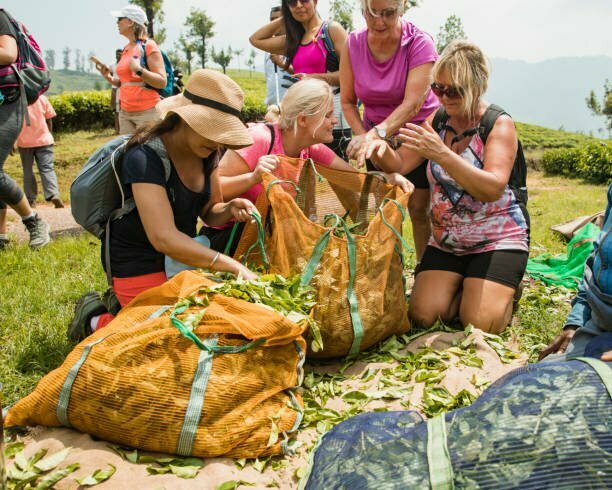
Tourists help Kangra tea pickers harvest fresh tea leaves in Himachal Pradesh, India.
What is EXPERIENTIAL TRAVEL?
There isn’t a fixed definition for experiential tourism, but it reflects our desire for deeper immersion, a more local, or what some might call, an “authentic” experience (although the term “authentic” can be vague and subjective).
According to Travel Psychologists, you could argue that most travel becomes experiential if it triggers a change in thinking, evokes a feeling, or teaches you something. Perhaps. Yet many people travel without any kind of change, other than the scenery. Yet many of us want to enjoy a more personal experience, and some of us want to emerge changed, affected, somehow improved. The connection we make with a place helps us do that.

WHAT’S THE IMPORTANCE OF EXPERIENTIAL TOURISM?
Experiential travel has evolved due to various reasons, primarily because we needed a change in the travel world. I admit I’ve often traveled simply for the sake of travel – a consumer of sights, in a way. But I am reexamining what I do when I travel, and how I do it, for many of the following reasons.
A rebellion against globalization and cookie-cutter tours is prompting people to become actors and participants in their journey. Rather than simply be voyeurs, they are turning the experience into something vastly more personal. Many travelers want to connect with locals, not just see them as they whip by on the bus. We want to feel something personal when we travel. Wanting to learn about the people on the other side of the window. To understand a place from every angle – its history, culture, arts, traditions, politics. We are no longer satisfied with skimming the surface.
We can change our travel behavior!
Wanted to really know a place. We prefer expert local guides, historians, or specialists over scripted tour guides. They bring deep knowledge and passion to our destination experience. Experiential travel involves discarding stereotypes and engaging with people on their terms, not ours, without preconceived notions. It means being willing to challenge our views and beliefs.
Transformative travel goes beyond the personal connection and seeks inner change like empowerment, illumination, or self-discovery. In addition to an authentic experience. And last but not least, Covid-19 and lockdowns made us reconsider travel. When removed, we may value it more and not take it for granted.
Can others benefit from experiential tourism?
Experiential and transformative travel benefit both travelers and local communities, aligning with our desire to contribute positively during our journeys.
Our money is kept within the community rather than being transformed into multinational profits. This isn’t a rant against big business; often, we’ll need to use corporations or foreign companies for our travels in the tourism industry. But when we can, we should do our best to go local. Putting money back into the community helps protect the very traditions and lifestyles of the people we have come to see. By finding opportunities at home, people are less anxious to leave to find jobs elsewhere, and communities can survive even in the face of change.
Many cultures and traditions are threatened by globalization and development. Visiting these communities and engaging with their cultures – a type of cultural trouble – can help strengthen their social fabric, which in turn helps preserve them. Just as we are enriched by connecting with different cultures, I’d like to think they are enriched by connecting with us – as long as we arrive with an open mind and without the erroneous belief that somehow, “we are better”.
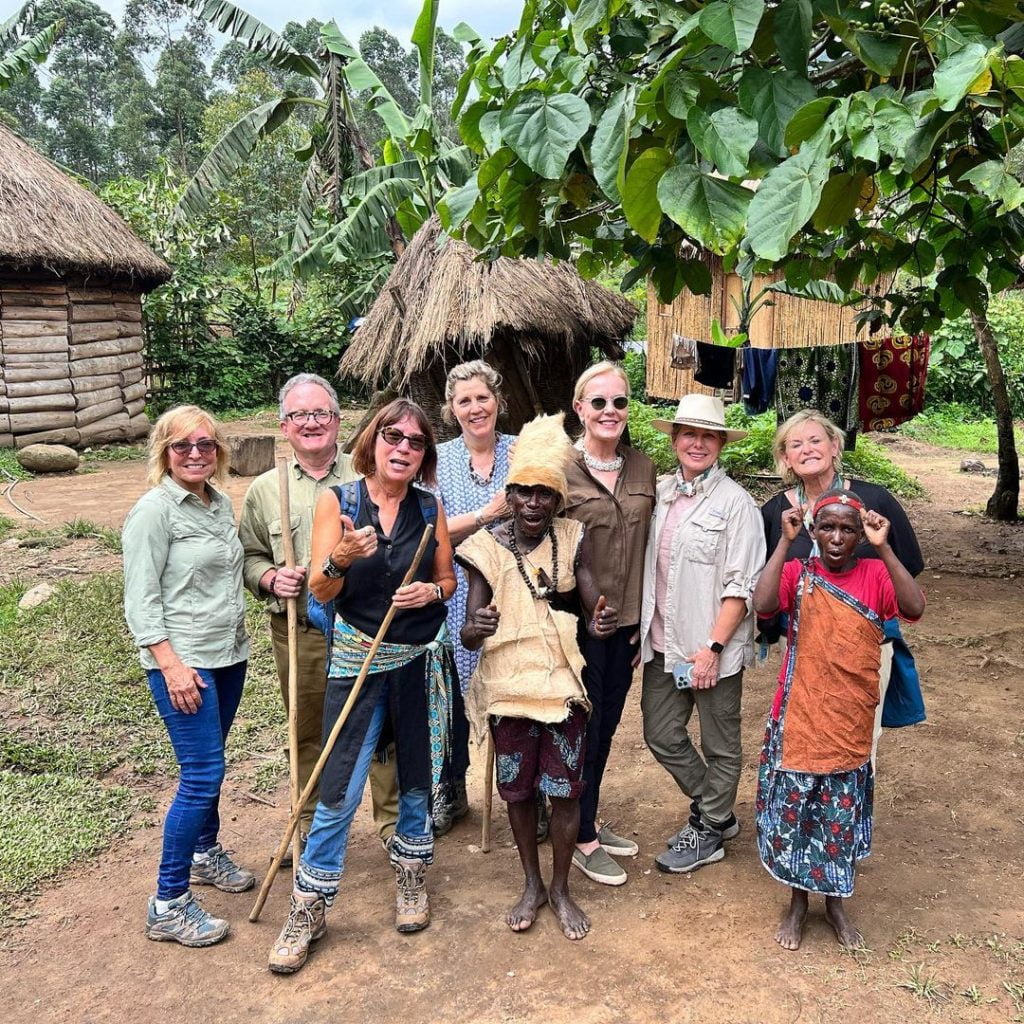
TRAVEL PSYCHOLOGIST UNIQUE WAYS THAT QUALIFY AS EXPERIENTIAL TRAVEL
Understanding the psychology of travel explores so many kinds of travel that qualify as experiential or transformative that it’s confusing. Like most “new” labels, they become trendy and everything gets thrown in there!
1. Meaningful & Authentic connections
Here are a few ways our travels can be experienced – and they all involve authenticity and connection in local experience travel:
- Booking through one of the many platforms to have dinners with locals
- How to (try to) live like a local when you travel
- Using locally owned homestays rather than impersonal commercial accommodation
- Most walking tours, which bring you closer to a place and its people
- Choosing places that have made an effort to become experiential tourism destinations
- Local tour companies that rely on people who actually live at the destination (my travels to Kyrgyzstan were very much experiential holidays, brilliantly organized by the community travel group CBT)
2. Volunteering Guidance
A popular type of travel that involves experiences is, of course, volunteering, often on a volunteer holiday. And age is no barrier – many women volunteer as seniors and return thoroughly fulfilled from their experience.
3. Passionate Learning
Education and learning are part of the growing experiential travel trends we are seeing.
- Going abroad to study languages
- Learning to cook is always experiential, especially with a local chef
- Discovering traditional arts and crafts can be part of experiential vacations
4. Transformation & Self-discovery
Many of us travel for self-discovery and empowerment.
- It can be as simple as tracing your roots to understand more about your family
- Or as profound as the empowerment you experience when you travel solo
- Self-discovery can even come through searching for wellness, like going on an ayurveda retreat
5. Diverse aspects of travel experiences
Experiential travel can come in different styles, such as:
- Slow travel or tourism, which is related to local travel and encourages to get to know one place well rather than several places superficially
- Themed travel, which provides experiences based on a theme, such as literary travel or culinary travel
- Bringing your feelings and values into your trip, encouraging you to engage in responsible or ethical travel
6. Spirituality as journey
Spiritual travel feeds the spirit and easily qualifies as experiential or transformational travel.
- Travel to sacred sites is one way to experience a spiritual awakening
- So are popular pilgrimages, like walking the Camino (these women’s pilgrimage stories might also be inspiring)
- Anything to do with meditation, staying in an ashram and similar experiences would qualify
7. Then there’s everything else
Some travel defies description, but I’ve listed it here because it has an impact on us, even if we don’t connect directly with other people.
- Visiting unusual travel destinations may not instantly connect you with others, but it connects you with yourself by pushing your boundaries.
- Taking a trip to an officially unrecognized country pushes boundaries differently, by forcing you to make a political statement.
- The idea of ghost tourism may seem odd to you but many people love the idea of possibly connecting with other worlds or realms.
- Art, too, can qualify as experiential but rather than connecting with others, you connect with yourself through affinity, and with the artist, through the work of art directly. There are plenty of linkages between art and travel, and especially with street art, which allows us to see deeply into very personal and contemporary thinking about a place.
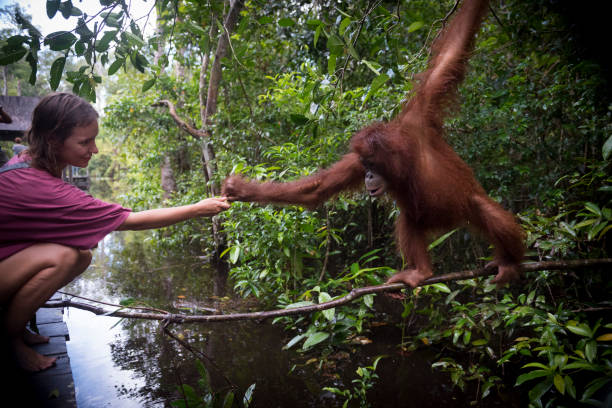
Downside OF EXPERIENTIAL TOURISM
In Point of view of Travel Psychologist like everything, experiential travel has its imperfections.
Profits for Corporations vs. Profits for Communities
Experiential travel companies are appearing everywhere and packaging the “travel experience” as a marketing ploy. Using such companies is not necessarily bad, because we don’t always have the time or knowledge to seek out the perfect local community; sometimes, we have to count on others to do the groundwork.
But as with all good things, they can be taken to excess and some companies end up commercializing the experience – which is exactly the opposite of what we’re looking for. The money is then repatriated as profit and the local community hardly sees any of it.
Over tourism’s drawbacks
As certain less-frequented places become more popular, they will attract more visitors and risk becoming just like those places where busloads drop off their charges.
At the same time, a surge in popularity can overwhelm an unknown destination without the correct infrastructure. The dangers of over tourism have been amply documented and even though the Covid pandemic gave certain destinations a respite, it was only temporary.
Fragile traditions
Our search for the “authentic” can be detrimental to the local community. As certain traditions become popular, the people to whom they belong may be tempted to please visitors and earn an income by providing what they think visitors expect – but if they try to live up to our expectations, they might be watering down their own traditions.
Pseudo-experiential travel
Many travels are “passed off” as experiential, but are nothing more than mass tourism with the application of a thin local veneer – for example, a quick swing through a local market with a group of 20 others, only to be able to say you’ve been there.
And in these times of social media and sharing, nearly every journey is replicable. You can see someone’s trip or duplicate their itinerary and follow in their footsteps. For many people this is helpful (I too publish itineraries, like this one-day Madrid visit). But some independent travelers could end up feeling they’ve had a cookie-cutter vacation.
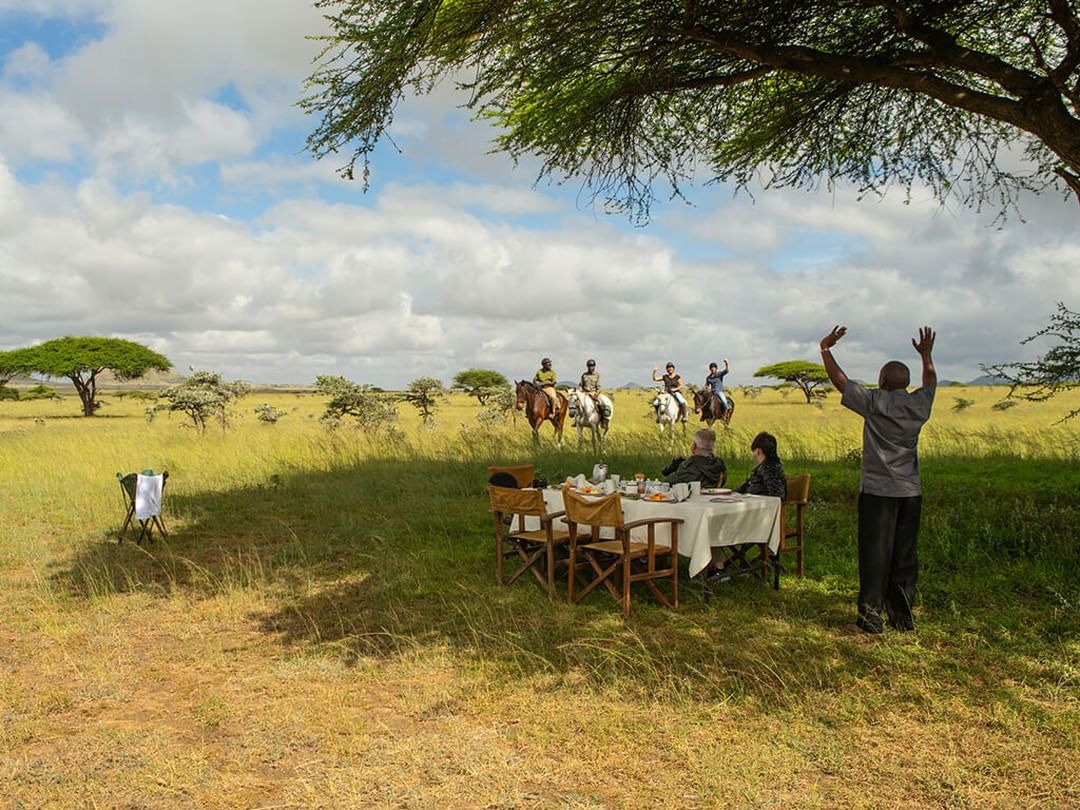
Trip to Northern India: Experiential Solo Traveler
According to Travel Psychologist, the goal of experiential travel is: “to more deeply understand a travel destination’s culture, people and history by connecting with it more than just by visiting it. Therefore, the traveler usually gets in touch with locals who give guidance on how to experience a place.”
Today, we want to actively explore our destinations, interact with their people and customs, and let these experiences influence us. Some call it a trend, but I believe this is part of a more aware society, one that is desperately eager to connect.
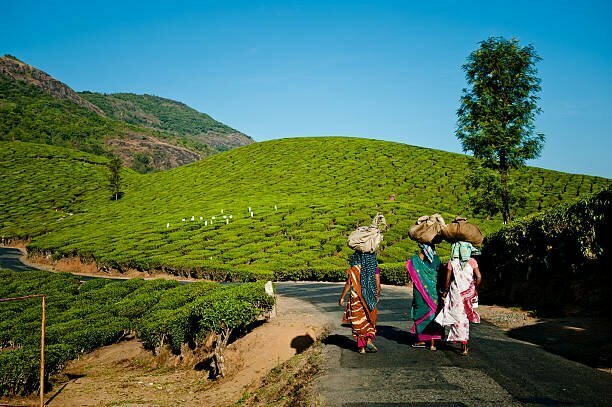
Experiential travel: Travel Psychology Journey
On Travel Psychology Journeys with my traveling companions on the road to Kangra Tea & Coffee farms, after the car broke down. It takes an hour each way on horseback to reach the nearest small village – and that’s when the pouring rain doesn’t turn the road into a slippery pool of mud.
Whenever I travel, I look forward to any experiences that come my way. I still visit popular sights, but I make an effort to meet locals, learn about their lives, and gain a deeper understanding. This helps me capture a place’s essence and go beyond the surface.
During my visit to Kangra in Himachal Pradesh, I had an incredibly enriching experience. I used a local tour guide and ended up spending the night in a rural tea planting community due to our car breaking down unexpectedly. That one night and the conversations that ensued probably taught me more about Himachali culture than several weeks of travel.
I gained insights into life in an isolated rural community where checkpoints dotted the road and entering or leaving relied on luck rather than planning. These revelations surfaced due to the car breakdown and an electrical storm that cut power, lead us to engage in hours of conversation.
Conclusion of Experiential Tourism
As I write this, I’m planning a visit to Lakshadweep and after poring over a multitude of guides and suggestions, I’ve decided to simply wing it for a day or two, just choosing a point of departure and not planning anything else. Wandering. Exploring. Observing. Chatting. Moving with the islands rather than trying to shape it to any kind of norm.
So, if things start feeling too easy or familiar, veering off the path is not only to be recommended, but also essential. Chuck the itinerary, hop on the boat and sit next to another woman and smile. You may be met by a suspicious glower – or you may be met by a smile in return. It could be the start of a connection.




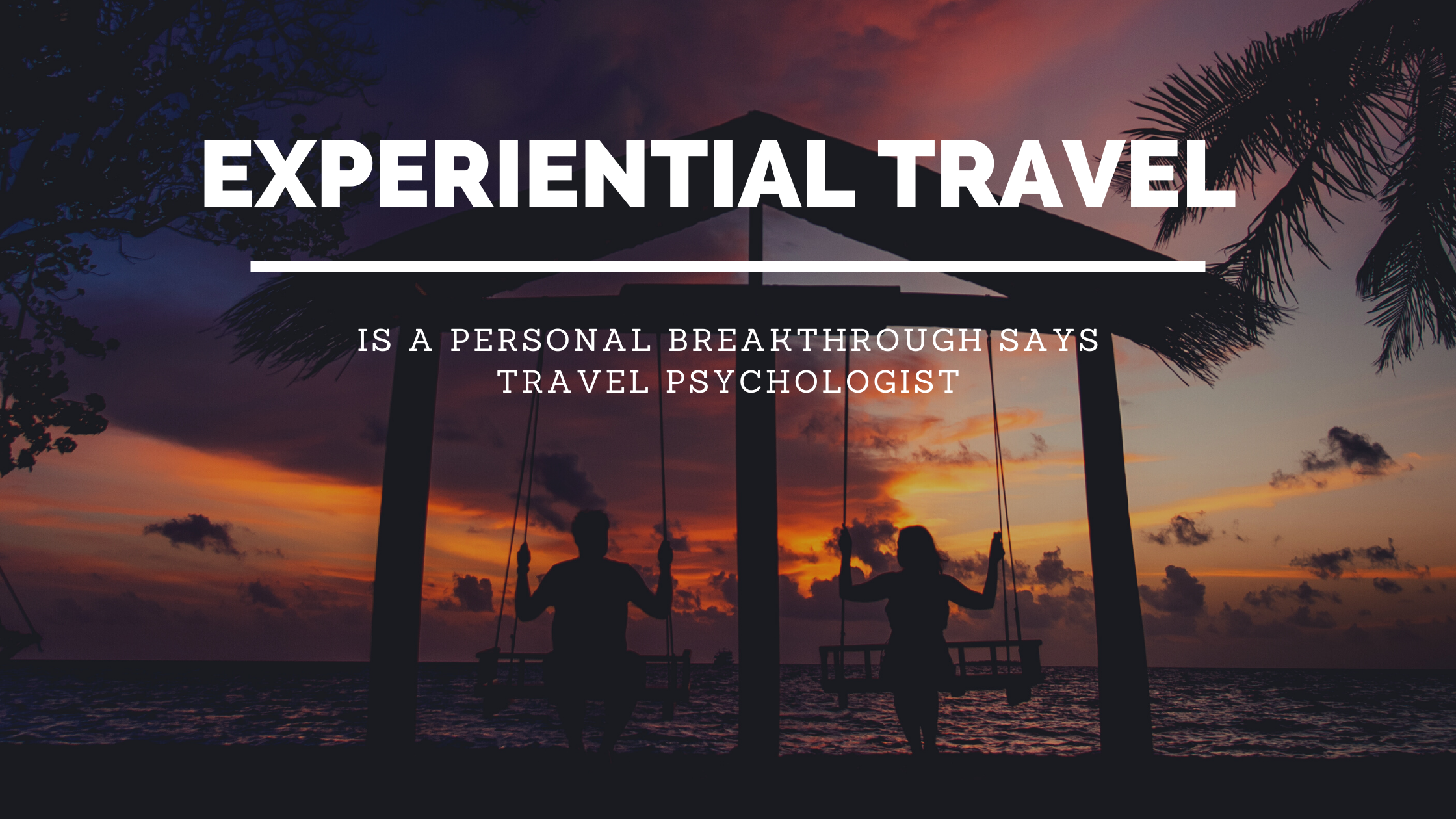
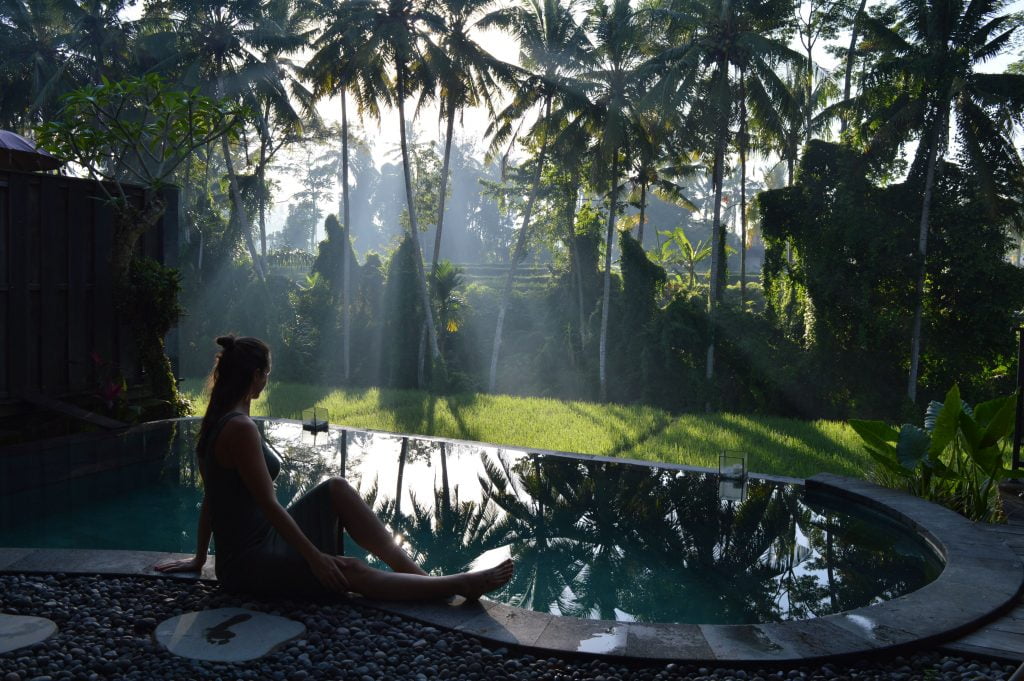
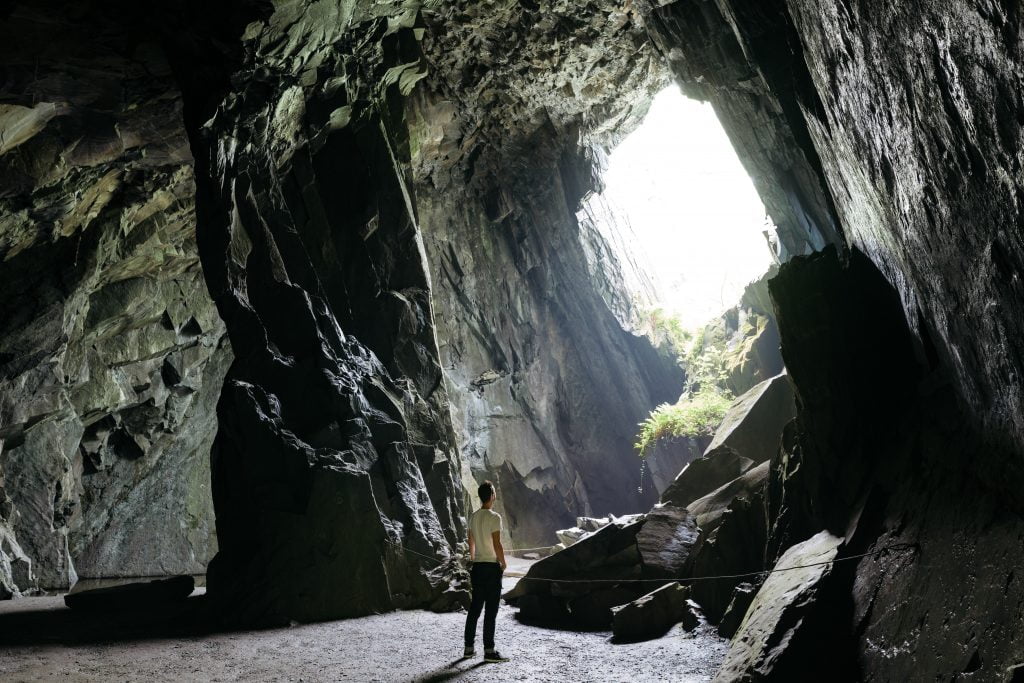
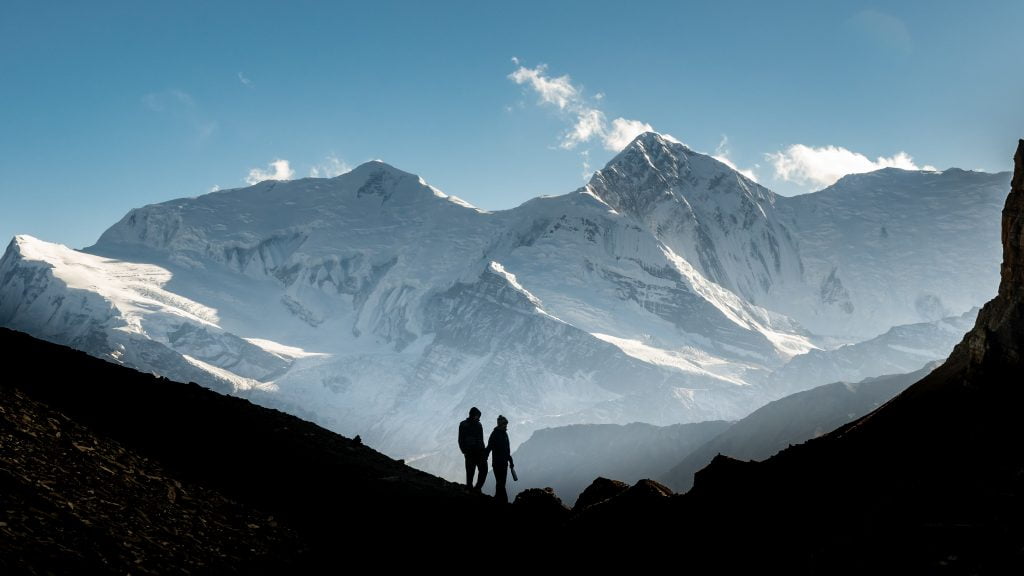




Just finished reading your piece on experiential travel and its profound impact, as explained by a travel psychologist. I’ve always believed that travel is more than just visiting places; it’s about transformative experiences that lead to personal growth. Your article beautifully articulates this sentiment and provides a deeper psychological understanding of why these experiences are so impactful. As someone passionate about meaningful journeys, I truly value the depth and perspective your piece offers. Thank you for enlightening us on the profound effects of immersive travel.